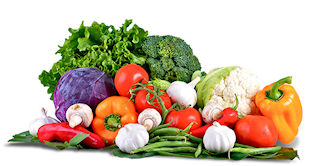|
Vitamin E
Good sources of vitamin E
Vitamin E is a fat-soluble vitamin which plays a role as an antioxidant in the body.
It also helps prevent damage to specific fats that are critical for health.
Vitamin E deficiencies are rare, except in infants or in people with fat absorption problems which are common for those who struggle with inflammatory bowel disease.
Deficiency symptoms include loss of muscle coordination, impaired vision, and speech.
Supplementing and consuming vitamin E rich foods can have the following benefits:
Balance cholesterol
Repair damaged skin
Thicken hair
Balance hormones
Improve vision
Vitamin E Rich Foods are.
Almonds 25.6mg (128% DV)
Spinach 2.1mg (10% DV)
Sweet Potato (15% DV)
Avocado 2.1mg (10% DV)
Wheat germ (17% DV)
Sunflower seeds 26.1mg (131% DV)
Butternut squash 1.3mg (6% DV)
Olive oil 14.4mg (72% DV)
Kiwifruit 1.5mg (7% DV)
Broccoli 1.5mg (7% DV)
Healthy hair and skin
Top Health Benefits of Vitamin E
Vitamin E is a powerful antioxidant that helps decrease environmental damage to the hair and skin. It also promotes circulation to the scalp and helps strengthen capillary walls in the skin. It improves skin moisture and elasticity.
PMS
Taking a vitamin E supplement 2-3 days before and 2-3 days after a menstrual period reduces cramping, anxiety, and cravings all related to PMS.
Eye Health
Vitamin E may help decrease the risk of age-related macular degeneration, a common cause of blindness. In order for vitamin E to be effective for vision, it must also be consumed with adequate intakes of vitamin C, beta carotene, and zinc.
DV is (Daily Value)
|

